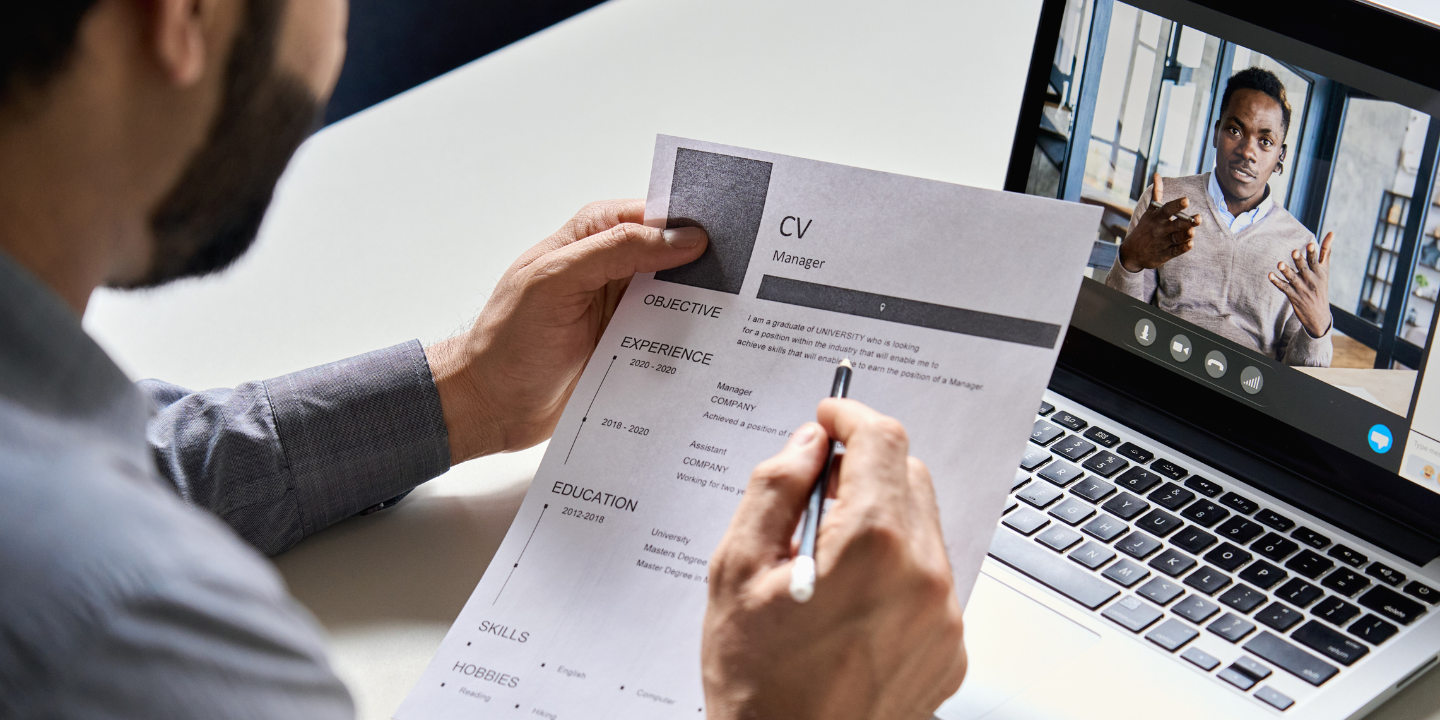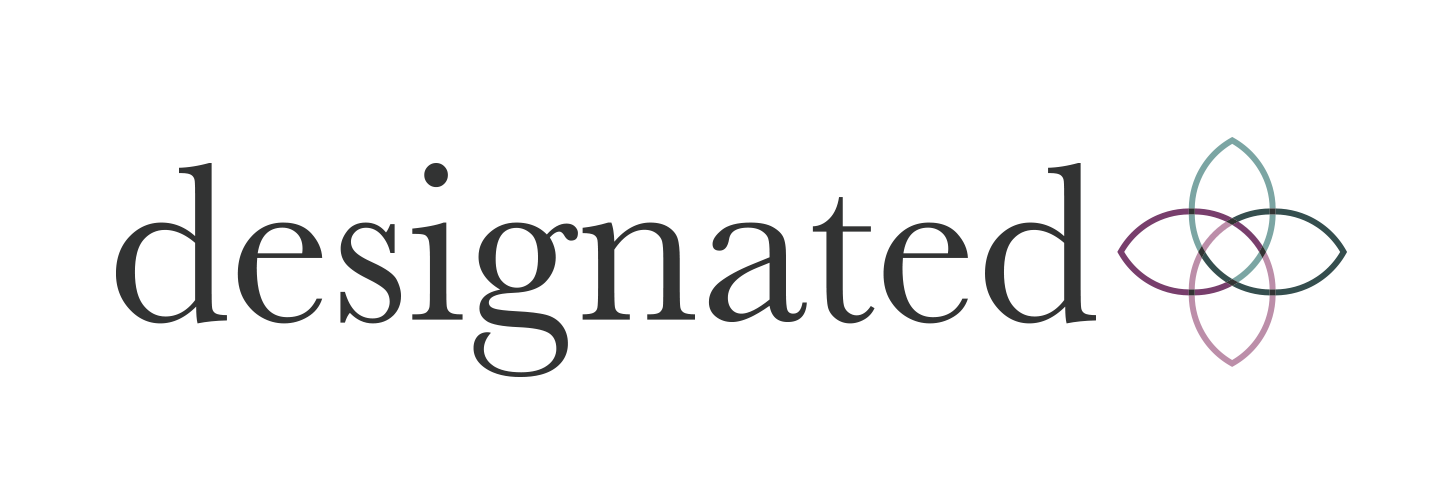Let’s be honest, you can’t beat a face to face meeting. As the hiring manager or interviewer, you have the opportunity to see your potential new team member in what could be their new working environment and you can pick up any cues on engagement and interest, through complete body language.
It is much easier to build rapport with somebody we’re physically close to, our natural human instincts encourage us to match and pace our opponent. These responses have evolved over thousands of years of humans living and working together. It represents a huge amount of communication that doesn’t always translate well virtually.
However since the Covid-19 pandemic changed our preferred ways of working, we have seen the rise of virtual meetings. Virtual job interviews allowed hiring managers to continue the recruitment and hiring process throughout lockdown, which is a good thing. However, with it comes a whole new set of challenges that we have had to quickly learn to adapt to.
Technology
Having a good internet connection is key to ensuring a smooth conversation. There is nothing more frustrating than struggling to hear what the other person is saying or the screen freezing in the middle of a crucial question.
Installing and testing the platform beforehand, whether its Zoom, Skype, Google Meet or Teams, is also important. Some laptops work better with different platforms, so finding the most reliable platform for your laptop or pc is advisable.
It’s also important to have a backup plan in case technology fails you, for example, exchanging mobile numbers in advance should the worst come to the worst and you need to continue the interview by phone.

Sometimes, failing technology may cause a question to be unclear or garbled. Whatever happens, don’t guess the question. Ask the interviewer and candidate to repeat the question before answering it, so that you can prepare the right response.
If there is a time lag causing the conversation to become stilted, sometimes this can be resolved when either one or both parties agree to log off and then log back on.

Background
Working from home means revealing your surroundings to a complete stranger. If you are fortunate enough to have a home office or be in your work office, then this shouldn’t pose too many problems. However, if you need to work from a corner of your living space, then find a spot that is free from distractions and is clean and tidy whilst ensuring that you have everything you need to hand.
Ensure there is good lighting and avoid screen glares. Check your screen from different positions at different times of the day and weather conditions to ensure optimal viewing.
Distractions
We cannot control external distractions interrupting the interview, such as an Amazon delivery arrival or next door’s dog barking (I once had a builder turn up unannounced to carry out some long-awaited work during an important Zoom call). Whatever happens, keep calm and keep smiling. If necessary, you may need to agree to put the meeting briefly on hold by going on mute and turning off the video, whilst you deal with the disruption. Don’t forget what you were discussing before the interruption took place so that you can smoothly transition back to the interview.
Dress code
Being at home means we can be more relaxed about our attire. However, appearances still matter and even though it can be tempting to dress in comfortable clothing, sometimes this can give the interviewer or candidate the wrong impression. Making the same effort as if you were meeting face-to-face can give you more confidence and make a more positive and lasting impression.
Body Language
Hidden messages can be picked up during a video call and, since the meeting is focused mostly from the shoulders up, the emphasis on facial expressions is much stronger. Maintaining eye contact helps build a better connection and shows them that you are keen and interested. Not forgetting to smile is also a good way to break the ice.

Interview preparation
For candidates – as with any interview, it is important to prepare yourself for any questions. Familiarise yourself with the job spec in advance, comparing your skills and experience to the requirements of the role. Prepare examples of where you have demonstrated some of the key competencies required in your previous jobs, so you can be specific about how your background and experience is a good match for the role. Research the latest news and trends relating to your professional sector and research the company, its values and mission. Think about why you want to work for them and what value you can bring to the role and to the business.
Prepare some questions that you can ask at the end of the interview if they haven’t already been addressed during the course of the meeting, as this shows your interest in the position.
For interviewers: In the same way that candidates are expected to prepare for an interview, hiring managers and interviewers should do the same. Things like preparing your interview questions in advance, basing some of them on the candidates own skills and experience will allow you to evaluate them properly. By knowing your candidate’s resume, you can save time during the interview process by having them go over the same details.
Remember, interviewers and candidates, are evaluating each other during interviews. On their part, candidates will try to determine whether the job can fulfil their aspirations and whether the company is a good place for them to work.
Make sure you know how to promote your organisation and be ready to answer questions on things like company culture, hierarchical structures as well as new products and developments that are on the horizon. (As long as they are not confidential of course!)
To Recap
- Check that your connection is strong and reliable.
- Test the platform by doing a mock interview with a friend or two so that you are comfortable using the platform and all of its tools (for example, screen share if you are required to give a presentation or demo).
- Log on at least 5-8 minutes before the scheduled interview time so you are up and running in good time and can address any last-minute connection hitches well in advance of the meeting.
- Make sure you have a backup plan in case the connection fails for whatever reason. This will allow you to be more relaxed and confident in the knowledge that you’ve got things covered in case of an emergency.
- Create a relaxed, clean and uncluttered background, free from distractions and with good lighting.
- Look presentable, as though you were in the same room together, meeting face to face.
- Check your body language, smile and hold eye contact.
- Don’t hesitate to ask the interviewer or candidate to repeat anything that is unclear.
- Prepare yourself for the interview questions, do your research, understand the business and its requirements.
And finally…
The more remote interviews you participate in, the more confident you will become. Testing different platforms will give you an idea of what works best for you and your laptop/pc so that you can become familiar and comfortable with the different technology that’s available.
Whatever happens in the future, virtual meetings are here to stay.
